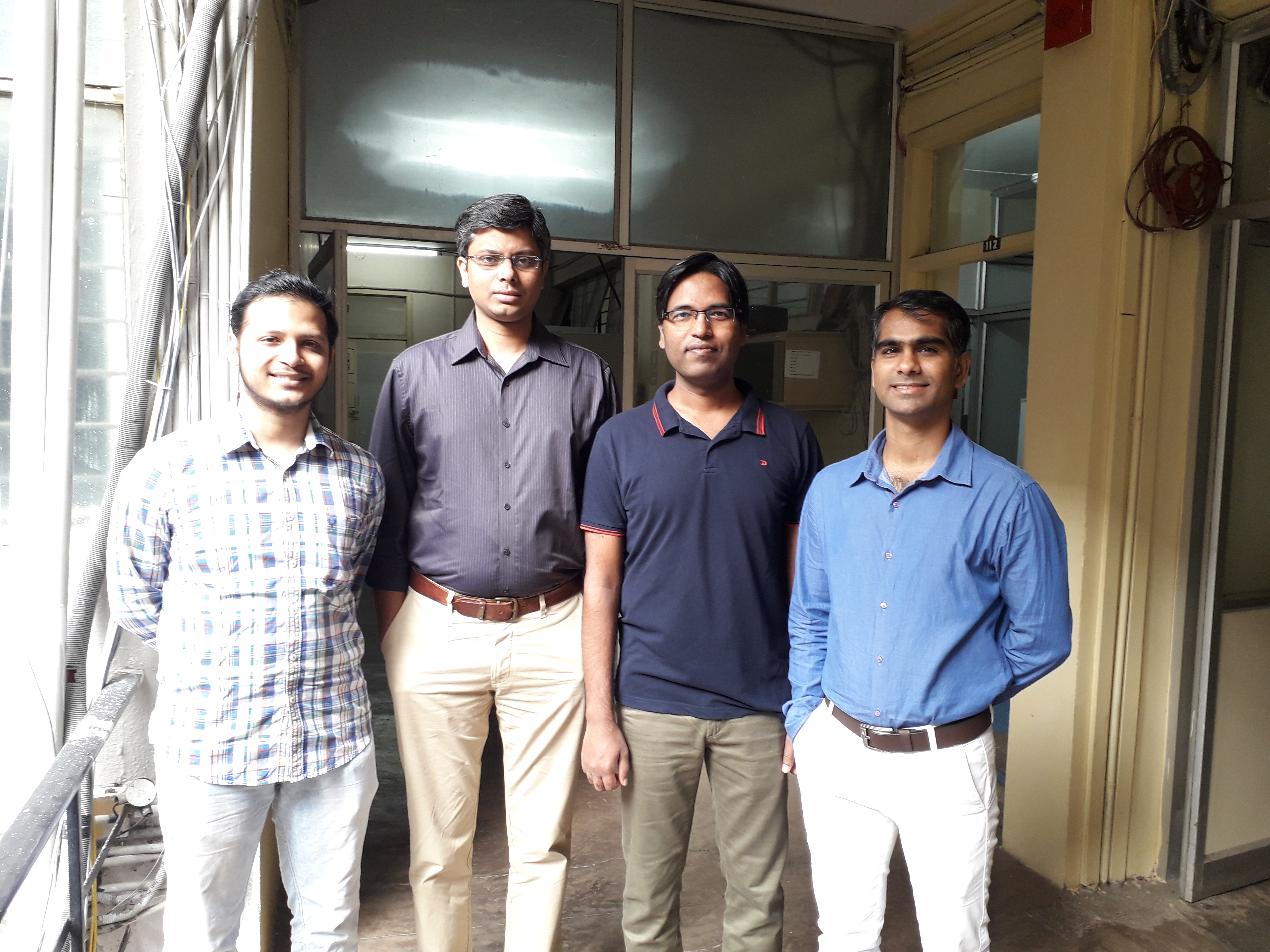Efflux pump detection with a camel antibody
Antibodies are powerful tools widely used for both diagnostic and therapeutic applications against numerous diseases. Conventional antibodies, for instance from humans, are large “Y-shaped” molecules that comprise heavy and light chains. Despite their wide biomedical applications, conventional monoclonal antibodies are cumbersome and expensive to prepare using hybridoma technology. Interestingly, camels, llamas and sharks possess specialized antibodies (VHH) made up of only the heavy chain. The ability to target an antigen resides in a single protein domain that is one-tenth the size of a monoclonal antibody. Despite the small size of conventional antibodies, these rugby ball-shaped antibodies bind their targets with very high affinity. Camel antibodies also have structural features that can access cavities, pockets and tunnels on the surface of their protein targets.
In our recent work, in association with the National Research Centre on Camel, Bikaner, we isolated VHHs from an Indian Camel (ICab) immunized against a drug transporter that is implicated in the efflux of antibiotics from a superbug, methicillin-resistant Staphylococcus aureus. We employed a screening technology referred to as yeast surface display method to identify the ICabs that can easily be harvested in large quantities from bacteria, thus, making the production very cost-effective. We solved its structure using X-ray crystallography and found a zinc ion bound to the region of ICab that is essential for antigen-antibody interactions. This novel modification, that increases the stability of the ICab, was previously never observed in any other camel or llama antibodies known so far. This ICab binds with the transporter on its extracellular side, thereby allowing it’s use as a potential detection tool or as an inhibitor of superbug efflux pumps. More importantly, these ICabs can be employed as widespread substitutes for conventional antibodies in numerous biotech and biomedical applications.
 (image credit. Arunabh Athreya)
(image credit. Arunabh Athreya)
Reference : Kumar, S., Ithayaraja, M., Athreya, A., Ranjan, R., & Penmatsa, A. Isolation and structural characterization of a Zn2+-bound single-domain antibody against NorC, a putative multi-drug efflux transporter in bacteria. J. Biol. Chem. (2019). (in press) doi: 10.1074/jbc.RA119.010902
Contact details :
Dr. Aravind Penmatsa
Assistant Professor
Molecular Biophysics Unit
Email. penmatsa@iisc.ac.in
Phone. +91-80-22932458;
Website URL. https://aplabmbu.weebly.com




